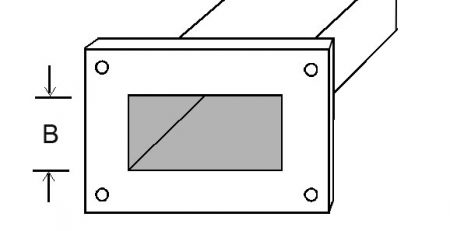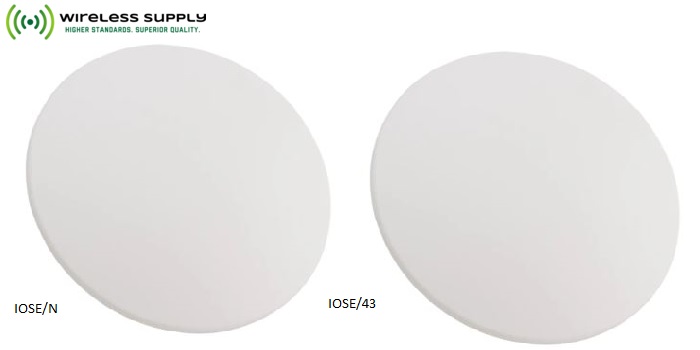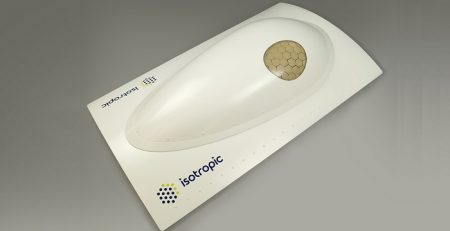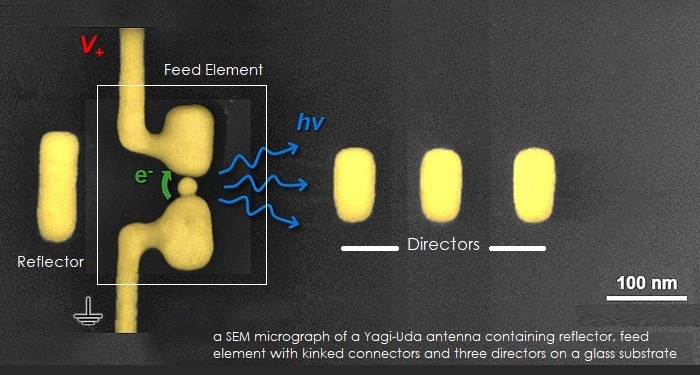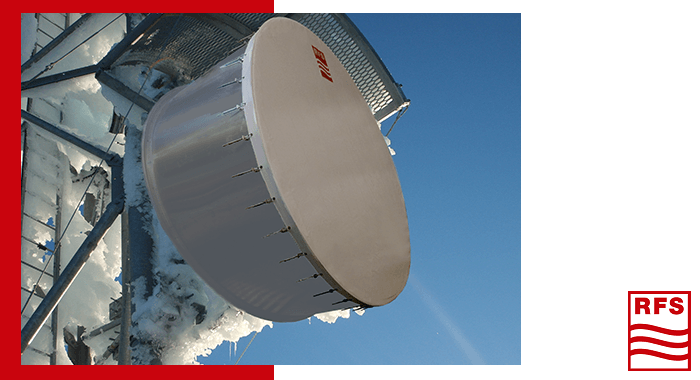Why Are High Pass Filters Crucial in Wireless Network Performance?
High pass filters (HPFs) are circuits created to permit signals with frequencies, above a cutoff frequency to pass through while decreasing frequencies than this threshold in various applications where maintaining signal accuracy is important. The key components such as capacitors and inductors are used by HPFs to regulate the elements within a signal. How an HPF performs can be influenced by factors, like its design quality of components. The specific purpose it is intended for.
Importance in Signal Processing
In signal processing applications high-pass filters are crucial, for removing low-frequency interference enabling the transmission of higher-frequency signals. This function is vital for preserving signal integrity in systems where precision and clarity are key. By filtering out frequency noise HPFs ensure that important data within a frequency band remains clear boosting performance, in wireless communication and other fields.
Real-Life Applications of High Pass Filters
Telecommunications and Networking
High pass filters (HPFs) play a role, in telecommunications and networking systems to enhance the effectiveness of transmitting data by eliminating low-frequency disturbances that could disrupt signal clarity and reliability across different communication channels and networks. This technology is essential for ensuring information exchange and smooth data transfer processes in environments, with frequency usage where multiple signals can overlap each other. Organizations can optimize their network performance by utilizing pass filters tailored for specific frequency ranges to boost overall efficiency.
 Radio Frequency Engineering (RFE)
Radio Frequency Engineering (RFE)
In the world of radio frequency engineering, high pass filters play a role by separating out the frequencies we need in an RF setting to ensure clear signal transmission with minimal interference. RF engineers commonly use custom pass filters designed for frequency bands and usage scenarios. For example, RFEcho offers a selection of RF filter solutions, such, as cavity bandpass filters of functioning between 0.01 GHz and 67 GHz. Filters, like these are vital for use in operations as well as defense and telecommunication purposes due, to the importance of accuracy and clear communication.
Leveraging RFEcho’s Specific Solutions
In the industry RFEcho is distinguished by its range of high-quality RF filters that meet a variety of requirements Their product lineup features high pass filters crafted for top-notch performance in diverse conditions With connectors tailored for specific uses customers can discover solutions that match their system needs ensuring seamless functionality RFEcho also emphasizes prompt delivery and customer contentment enabling clients to swiftly implement their filters for operational needs
Medical Devices and Imaging
In the field of medicine, high-pass filters play a role, in improving the clarity of images in imaging systems. These filters help eliminate background noise from signals captured from ultrasound and other types of imaging resultsng in diagnoses. Through isolating the high-frequency signals healthcare experts can generate images that contribute to improved patient results. The widespread use and significance of high-pass filters in technology highlight their adaptability and critical function, across areas.
Audio and Music Production
High pass filters play a role, in the field of audio and music production well. They are particularly useful during mixing and mastering sessions to get rid of any low-frequency rumble or noise that might affect the audio quality. High pass filters allow producers to concentrate on the components of a track and help achieve a result in audio production. Diverse types of high-pass filters can be employed at points, in the process to manage clarity effectively enabling sound engineers to enhance their output to meet specific standards and artistic preferences.
 Improving Wireless Network Performance with High Pass Filters
Improving Wireless Network Performance with High Pass Filters
Enhancing Signal Clarity
High pass filters (HPFs) play a role, in improving signal clarity in networks by permitting only signals with frequencies above a specific cutoff point to pass through them effectively filtering out low-frequency noise that may disrupt communication processes. This interference commonly comprises background signals, from gadgets and environmental elements among undesired sources. The outcome is that the frequency signals left are clearer and sharper which proves beneficial in densely populated areas where numerous devices are functioning concurrently.
In real-world scenarios and everyday use cases leveraging high-pass filters can enhance the effectiveness of transmitting data. Enhancing signal clarity there is a positive impact, on enhancing wireless connection performance resulting in smoother data transfer and reduced interruptions. For example in places with gadgets, in operation, the likelihood of signal quality deterioration rises. Deploy pass filters to address this concern by guaranteeing that only pertinent signals reach their intended destinations thus upholding communication integrity.
Reducing Interference in Networks
Wireless networks can face issues due to interference that affects their performance High pass filters play a key role, in modern telecommunications by helping to minimize interference These filters work by blocking frequencies below a certain threshold to prevent different types of interference like noise, from other sources or natural occurrences Their function is vital as interruptions can disrupt data transmission significantly resulting in delays and errors
In city areas, with numerous devices close by special filters called high pass filters are utilized to keep the frequency band clear and effective. They make sure that only the necessary frequencies are sent out resulting in improved network dependability and speed. This feature is especially crucial for companies upon communication for their activities; any decline, in signal quality can result in inefficiencies and decreased productivity.
Benefits of Using RFEcho Products
When it comes to optimizing wireless network performance, integrating high pass filters from RFEcho yields several advantages. RFEcho offers a comprehensive selection of RF filters, including specialized high-pass filters designed for various applications. Their products feature advanced engineering, ensuring that they effectively reduce unwanted low-frequency signals while maintaining the integrity of higher-frequency transmissions.
Moreover, RFEcho’s high pass filters come with a variety of connectors tailored to meet different installation needs, providing versatility in deployment. With an emphasis on quality and performance, these filters enable users to enhance network operations considerably. Customers can expect timely delivery, ensuring that their communication setups are executed without delay. Utilizing RFEcho’s meticulously engineered high pass filters can dramatically bolster signal clarity and reduce interference, thus supporting the overall performance of wireless networks.
Summary of Impact on Wireless Network Performance
In summary, high pass filters play a pivotal role in enhancing wireless network performance by improving signal clarity and reducing interference. Their ability to allow only the relevant frequencies to pass through ensures that transmitted data remains uncontaminated by lower frequencies, which can disrupt communication. As demonstrated, the necessity of high pass filters extends across various applications, most notably in telecommunications and networking environments that demand high-quality data transmission.
The ongoing reliance on wireless networks for personal and professional communication underscores the importance of deploying effective solutions such as HPFs. In contexts where clarity and reliability are crucial, such as in military communications or sensitive medical devices, the role of high-pass filters cannot be overstated. Through the strategic implementation of high pass filters from RFEcho, organizations can significantly bolster their network performance, ensuring clear, uninterrupted communication that is critical in today’s data-driven world.


 Radio Frequency Engineering (RFE)
Radio Frequency Engineering (RFE) Improving Wireless Network Performance with High Pass Filters
Improving Wireless Network Performance with High Pass Filters